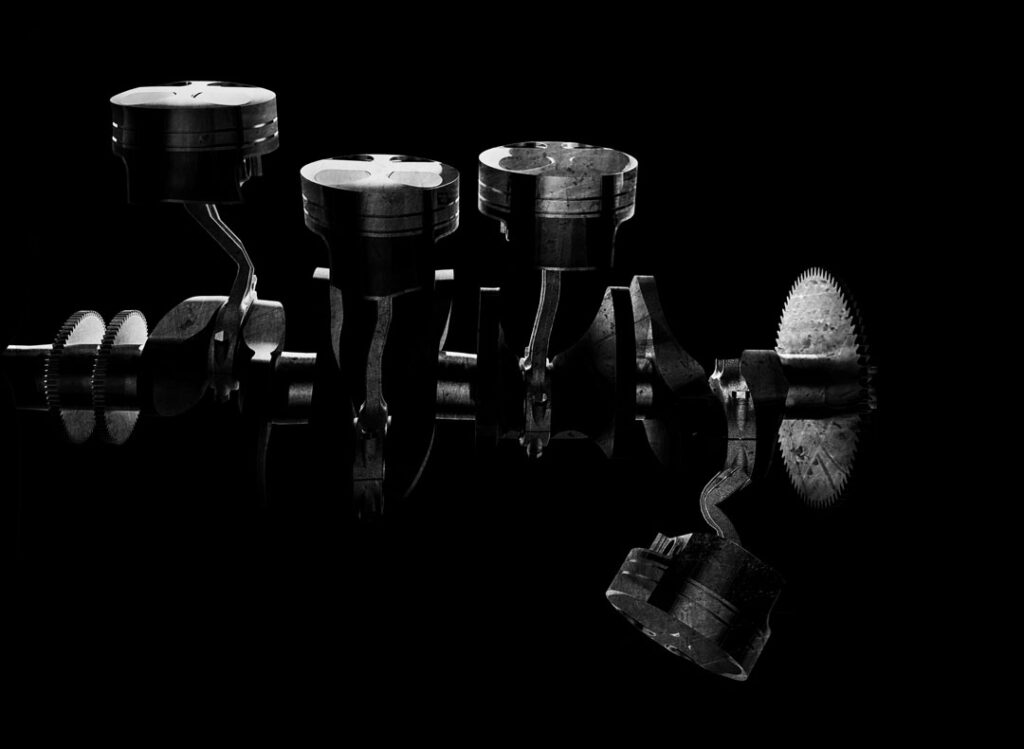The Elbert Files: Sales tax vote payback

DAVE ELBERT Mar 20, 2018 | 7:47 pm
3 min read time
602 wordsBusiness Record Insider, Opinion, The Elbert FilesI told a neighbor recently that I was thinking about boycotting businesses in the seven Des Moines suburbs that were responsible for the March 6 defeat of the local sales tax.
The tax seemed like a no-brainer. It would have helped stabilize city finances in Des Moines. Plus, all of Iowa, except the Des Moines and Iowa City areas, already has it.
Opponents said the tax would fall disproportionately on low-income residents, which wasn’t exactly true.
It was true that landlords probably would not have lowered rents if property taxes went down. But now those same landlords will pass along the tax increases that are coming and add a little more for themselves.
I doubt that many voters understood that in Des Moines the sales tax is partly a tourist tax, because 25 percent of the payments come from nonresidents who come here to shop.
Anyway, when I told my neighbor I wanted to boycott businesses in suburbs that voted against the referendum — Urbandale, Johnston, Pleasant Hill, Grimes, Altoona, Bondurant and Clive — he laughed and said: “Big deal. You don’t shop in any of those places anyway.
“You don’t even eat out in any of those places,” he said.
I told him that was because once you get outside Des Moines, West Des Moines and Windsor Heights — the three communities that supported the referendum — you’re hard-pressed to find decent restaurants.
He smiled and offered his solution.
“Why not put a special toll lane on the freeway for residents of the suburbs that defeated the sales tax referendum?” he said. “That way, whenever they come to Des Moines, we can charge them for city services that we pay for and that they use for free.”
I told him I liked the idea, but it would be hard to enforce. The March 6 vote, I noted, was the fourth time since 1985 that voters turned down a 1-cent sales tax that is desperately needed in Des Moines, where 40 percent of real estate is exempt from property taxes because it is owned by governments or nonprofits.
“We need to get the point across that Des Moines residents are tired of carrying the burden for a bunch of suburban freeloaders,” I said. “Let’s start by calling the naysayers what they really are. They’re the seven deadly suburbs because they killed Des Moines’ future.”
When you put together a list of Des Moines’ tax-exempt properties, I said, it includes universities like Drake, Grand View and DMU. Also, all of the hospitals are tax-exempt and are located in either Des Moines or West Des Moines.
We could have the universities and hospitals charge a user fee when anyone from one of the seven deadly suburbs wants to use their services, I said.
The same fee could be applied to events or performances at the Iowa Events Center, Principal Park or Water Works Park, I said.
Also, when anyone from one of the seven deadly suburbs wants to use the Des Moines International Airport, or visit the Des Moines Botanical Garden, the Science Center of Iowa or Blank Park Zoo, or play any of Des Moines’ city golf courses, they should also pay a special fee.
Anytime anyone from those suburbs wants to do anything at a Des Moines-based nonprofit that doesn’t pay property taxes, they should have to pay the fee, I said.
I even know what we can call the fee, I said. We can call it the Finney-Fallon Fee after Dan Finney and Ed Fallon, the two local personalities most responsible for stirring up opposition to the sales tax referendum.









